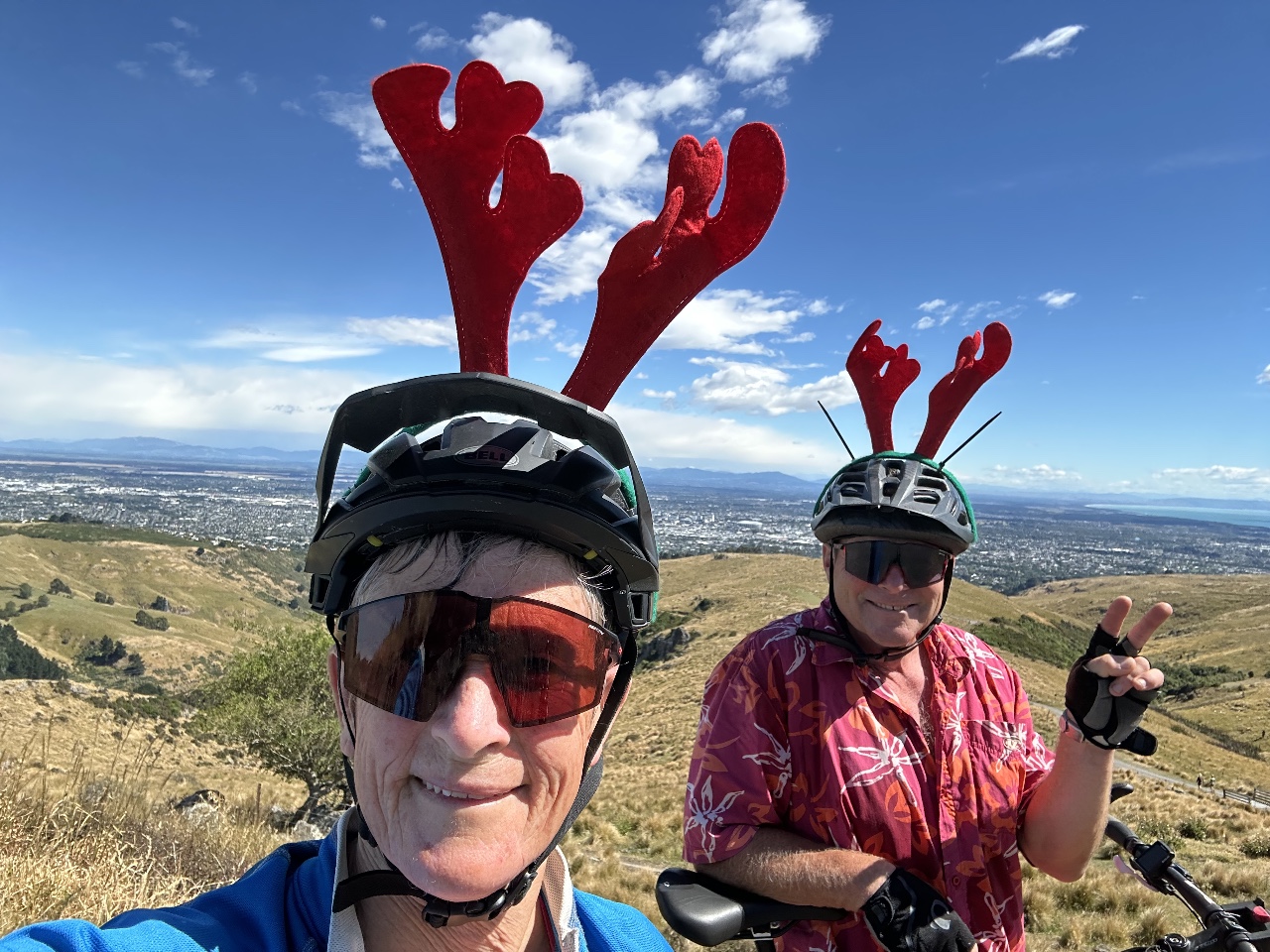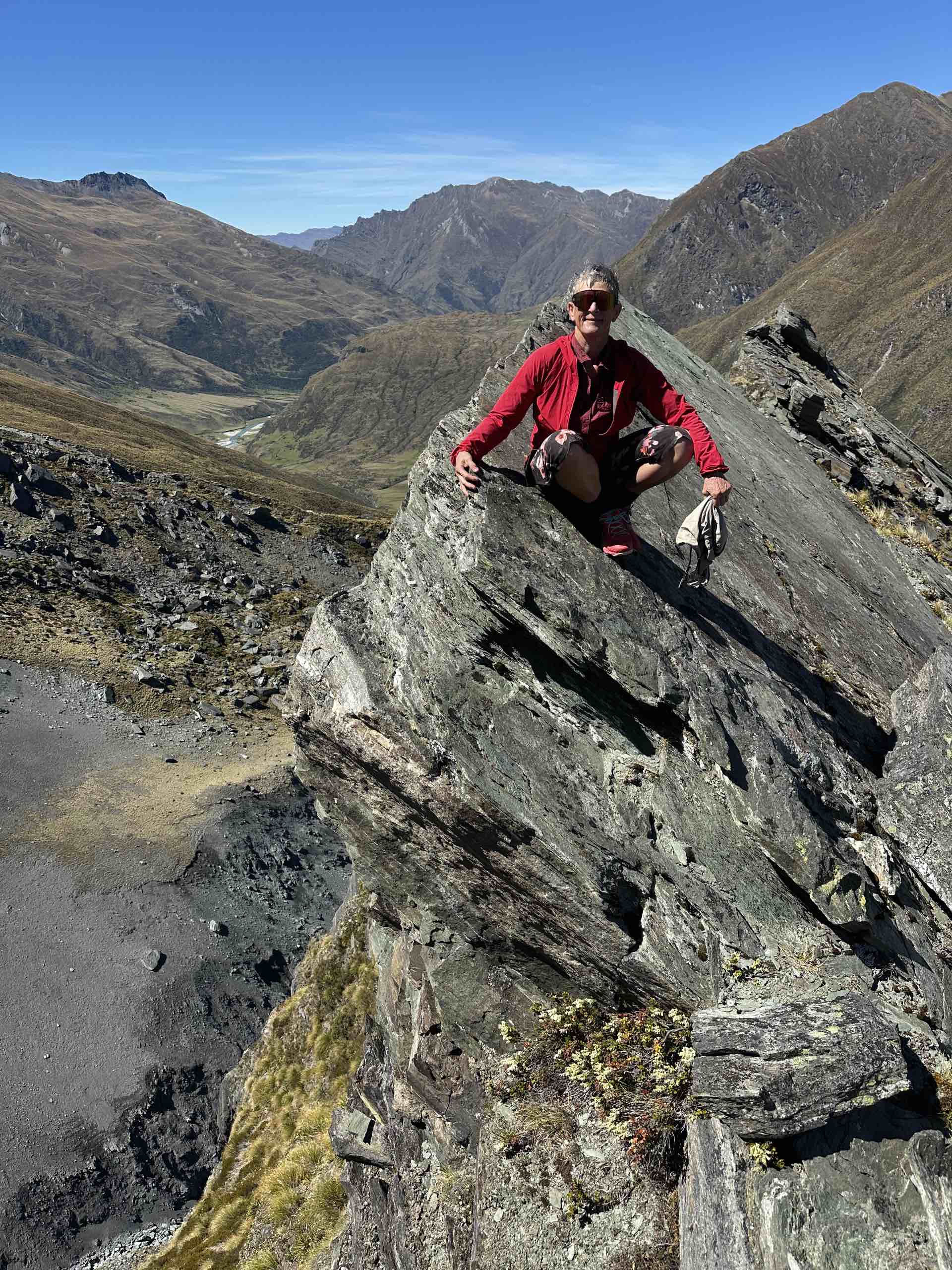
Three recent experiences inspired this blog. First, I was writing a song and looking for rhyming words. In the past, I would have had a standard dictionary, a rhyming dictionary and a thesaurus sitting on my desk. Today I have a computer and a spare screen. I search digitally for rhymes, synonyms, word meanings. On this particular day, when I ran a Google search for ‘turgor rhymes’, a website I hadn’t previously seen appeared – ‘
Chorus
‘. I clicked and discovered Chorus delivers a step-up in rhyming words beyond those offered by RhymeZone or WordHippo. Chorus provides words likely to be useful in songwriting using machine learning (
use and development of computer systems that are able to learn and adapt without following explicit instructions, by using algorithms and statistical models to analyse and draw inferences from patterns in data
). If you buy a paid subscription to Chorus, you can choose your song genre to further tailor the words it suggests.
The pay-for version of Chorus can help you finish lines, or write the next line, if you are stuck. It avoids cliches and offers words that are easily singable. The Chorus website claims, “Using technology to aid the creative process of songwriting isn’t an entirely new thing. David Bowie famously created an app in 1995 that would give him random concoctions of words and phrases, the ‘Verbasizer’. Much like the Triggers feature in Chorus, the Verbasizer was, as Bowie described, used to ‘ignite anything that might be in my imagination.'” Where does the boundary lie between me writing the song and Chorus writing my song? My songwriting tutor suggests it is when I stop making choices between machine learning-derived offerings and simply accept what it does. I’m not there yet but I imagine there are plenty of people who are…100,000 songs get loaded onto Spotify a day at present, up from 60,000 two years ago. How many in a year or two from now, I wonder?
The second event related to this blog was having dinner with a fantastic young person in Christchurch, the niece of a friend of mine from my postdoctoral fellowship days at Victoria University. The niece is doing a Masters in Conservation Management with part of her course being at Lincoln University; she is from Nova Scotia, Canada. We were talking about the rise of AI, it’s possibilities and terrors. “Isn’t it surprising,” she said, “how AI is taking over creative activities first. I’d imagined robots of the future digging holes or picking fruit, not thinking for us. They are taking over the fun stuff.”
At first consideration, this seemed true … futuristic depictions of worlds have often included large physical robots doing the heavy lifting. Not entirely – there’s Hal in 2001 A Space Odyssey (let’s not think about how that plays out). In my research funding career, I have worked on numerous proposals regarding development of robotics – particularly to assist in primary production (pruning and picking fruit and vegetables, logging trees, managing offshore aquaculture of shellfish and fish). However, I have also worked on a lot of proposals harnessing machine learning to process data better and carry out a wide variety of tasks including speech recognition, visual recognition and language interpretation.
When I thought about this more I realised the logical disconnect between ‘robots’ and ‘AI’, although we often think of the two concurrently:
-
A ‘robot’ is an “automatically operated machine that replaces human effort, though it may not resemble human beings in appearance or perform functions in a humanlike manner”.
-
‘Artificial intelligence’ refers to computer systems able to perform tasks normally requiring human intelligence, such as visual perception, speech recognition, decision-making, and translation between languages.
A robot replaces human physical effort while AI replaces human mental effort. A robotic form might (but doesn’t necessarily) include AI in order to carry out its tasks but AI can exist independently of robotic forms. Do we think of the two intertwined because mental ability and physicality are inherently linked in humans?
What becomes obvious, when one realises the distinction between robots and AI, is why AI is storming through the creative world while robots are only slowly moving into the physical realm. It is far quicker and easier to develop, create, commercialise, sell and distribute a digital tool than it is to do the same for a physical tool. A physical robotic tool has to fit into a complex existing physical world which may not be optimised for the robot. For example, whole orchard systems need to be replanted in order to suit robotic picking because robots are much better suited to working on narrowly-spaced trees espaliered on wires rather than three dimensional trees. In contrast, an app can be developed that delivers rhyming words like a dictionary would, and better. No reconstruction of human processes is required to use the app.
The third experience contributing to this blog was a chat with a friend who is an advertising copywriter in radio. “How big a shockwave was the demise of Three?” I asked.
“Not too bad, radio advertising is still going strong. The company is pushing for more efficiency from us copywriters, though. Wanting us to use AI tools, like ChatGPT for copy and ElevenLabs to generate ad recordings.”
We discussed how ChatGPT is still far too verbose for advertising (or research proposals), though my friend is training ChatGPT to deliver better copy. He has also tried out voice generators – he can train a generator on his own voice and make it deliver any set of words in a way that sounds like him. He can get a generator to revoice his own words so they sound like they are being spoken by a ten year old child, or a ninety year old woman, or a Scot. The voices generated aren’t good enough for broadcast yet, but likely soon. My friend said of the future, “I’ll miss recording ads, it’s the fun bit.”
How quickly AI, created by humans, is taking over the jobs people want to do, rather than helping with the jobs humans don’t want to do. The funny bit is that, AI isn’t choosing what it takes over yet. For that you can blame humans.
Discover more from Jane Shearer
Subscribe to get the latest posts sent to your email.



